I’m not going to pretend that I’m a big fan of Dickens because I’m not. I enjoyed Albert Finney in A Christmas Carol and I vaguely remember the Oliver! musical from my youth, but that’s about it. So when it comes to Dickens I’m much like the next man: I know all the characters and titles of his books, but don’t ask me to explain the plots because I won’t have a clue.
I’m much more a fan of Dickens himself, and I would have loved to have been him simply to have seen London before the Blitz – before the Victorians started clearing the slums. For every great building they put up (and to be fair, they did put up plenty), they demolished plenty more. Dickens was well known for walking the streets in the evening to see if he could pick up a few ideas for his novels, so he would have seen the wooden houses and tenement slums… he would have walked down the back alleys on his nightly strolls, past the dirty docks and doorstep kids, strolling around Bloomsbury with his hat and cravat (I haven’t got a clue if he wore those in real life, but that’s what he wears in my imagination), tap tap tapping his cane on the pavement as he went, taking a left turn down Doughty Street and back home to his wife.
He didn’t have a mobile phone to write his ideas down in so he had to remember the whole lot whilst he paced it back home, repeating it over and over in his head so he didn’t forget, and then he’d run straight up to his desk (maybe kissing the wife along the way, “Can’t stop, Kate – got some writing to do!”), put the candle on, get the paper and pen out, and jot it all down before he lost it. No doubt he missed some of it. He probably lost a lot of quality characters along the way. But that’s what I think of when I see his desk in Doughty Street – the life of a writer trying to remember his sentences on the long walk home.
‘Oliver Twist’ and ‘Nicholas Nickleby’
His various London properties have all disappeared over the years and this is the only one left. It’s from a time when he was still making a name for himself. He worked on The Pickwick Papers, Oliver Twist and Nicholas Nickleby here, but he was still years away from creating A Christmas Carol, David Copperfield and Great Expectations. So he would have certainly seen himself as successful, but he wasn’t yet the superstar writer that he later became. He was good, and on his way to great.
His house is the total opposite of what you imagine when you think of Dickens. You always think of smoky old workhouses and scruffy street urchins kicking stones along the road, but judging by his Bloomsbury townhouse he must have been loaded – it’s full of four-poster beds and comfy plush armchairs. The dining room is dressed for Sunday dinner with silver plates and tablecloths, and he’s got a morning room with pictures and portraits hanging on the walls.
If you head down the creaky stairs to the basement then you can see his old kitchen complete with a pump-style tap. The table’s piled high with pork pies and pastries and chunks of bread and cheese. They’ve got a little washroom with linen dripping from a string on the ceiling. There was no running hot water in those days – just a log fire under the sink.
Study and Dickens’s writing desk
The first floor is where he had his drawing room and study, and across the hall is where he entertained his guests with a few readings from his self-designed podium. I like the way they’re reciting his lines out of the speakers – it’s as if he’s actually in the room reading them himself. A lot of house museums don’t bother with little details like that, but I think it really helps to bring the place alive.
The next floor up has got two bedrooms where Dickens and his missus slept. It’s all very posh – four-poster beds and dressing tables with lamps and candles and knick-knacks like his shaving kit and his wife’s perfume bottles.
Prison bars from Marshalsea Prison
The top floor was where his servants slept but they’ve stripped it all out and filled it with a little exhibition instead. It’s nothing special, just a couple of books and pictures of Dickens. They’ve salvaged an old attic window from his childhood home as well, and got hold of a prison grille from Marshalsea Prison, where his dad was banged up for debt.
If you’re a fan of Dickens then it’s a total no-brainer: you need to visit this house. And if you just want to see how a well-to-do Victorian lived then it’s also worth a try.
I also recommend… If you enjoy this then try Dr. Johnson’s House (walk it in 16 mins or travel from Russell Square to Temple by tube) and Sherlock Holmes Museum (travel from Russell Square to Baker Street by tube). If you’re into literature then how about a tour of Shakespeare’s Globe, or seeing some historic manuscripts at the British Library? If you’d like to see another Victorian house then try 18 Stafford Terrace
How to get to the Charles Dickens Museum
| Fare zone | Cash | Oyster & Contactless | Travelcard | ||||
|---|---|---|---|---|---|---|---|
| Single fare | Single fare | Daily cap | One day | ||||
| Peak | Off-peak | Peak | Off-peak | Anytime | Off-peak | ||
| Bus | n/a | 1.75 | 5.25 | 6 | |||
| Train (zone 1) | 7 | 2.90 | 2.80 | 8.90 | 8.90 | 16.60(zone 1-4) | 16.60(zone 1-6) |
| Train (zone 1-2) | 7 | 3.50 | 2.90 | 8.90 | 8.90 | ||
| Train (zone 1-3) | 7 | 3.80 | 3.10 | 10.50 | 10.50 | ||
| Train (zone 1-4) | 7 | 4.60 | 3.40 | 12.80 | 12.80 | ||
| Note: Prices are correct as of | |||||||
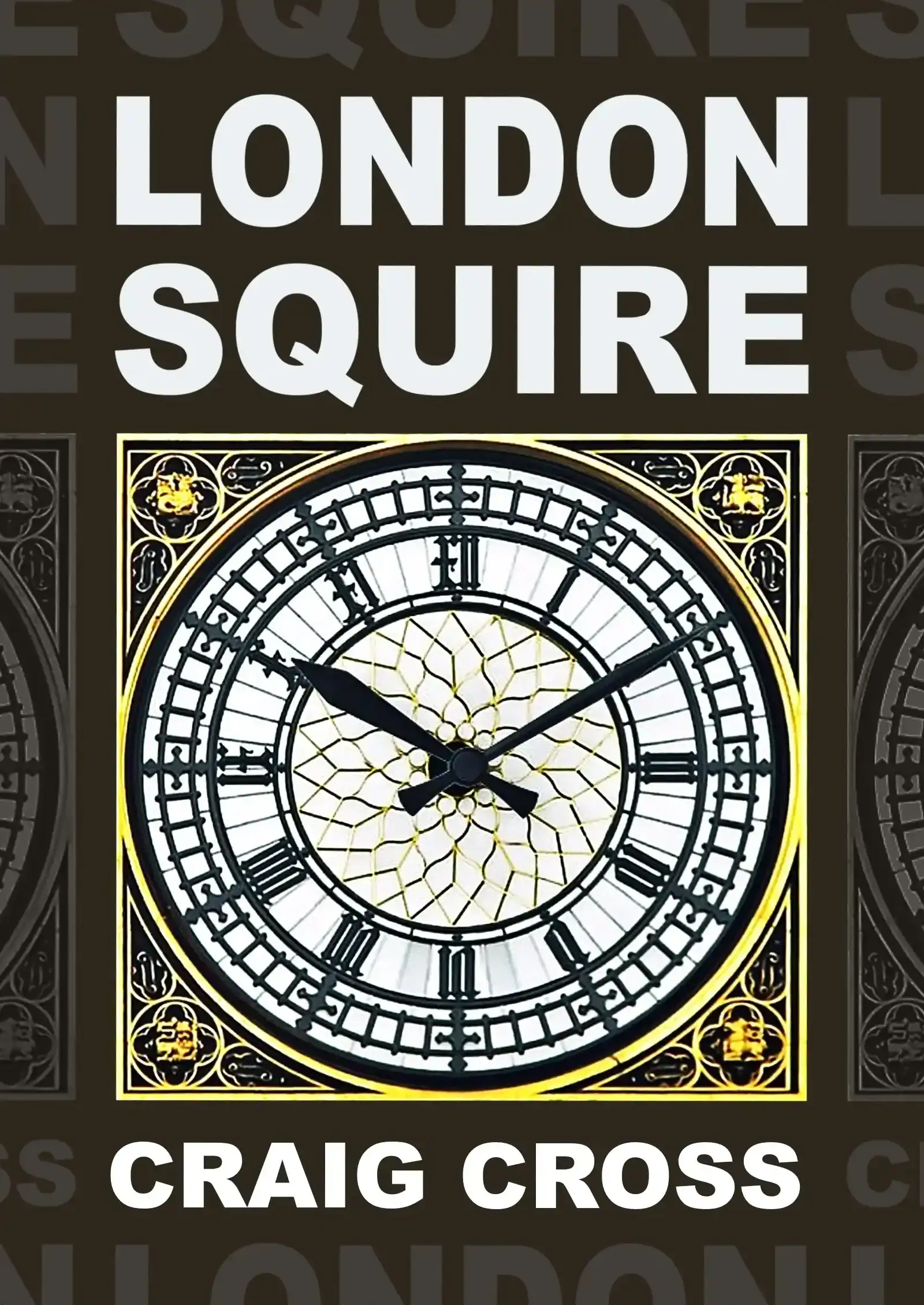 London Squire guidebook – Check out my guidebook available to buy at Amazon, Apple and Kobo. I’ve spent the last twenty years visiting London’s landmarks, attractions and hotels and collected all of my reviews, example itineraries, advice about using the buses and trains, and handy practical info into an eBook, along with 650 original photographs
London Squire guidebook – Check out my guidebook available to buy at Amazon, Apple and Kobo. I’ve spent the last twenty years visiting London’s landmarks, attractions and hotels and collected all of my reviews, example itineraries, advice about using the buses and trains, and handy practical info into an eBook, along with 650 original photographs
More things to do in Bloomsbury

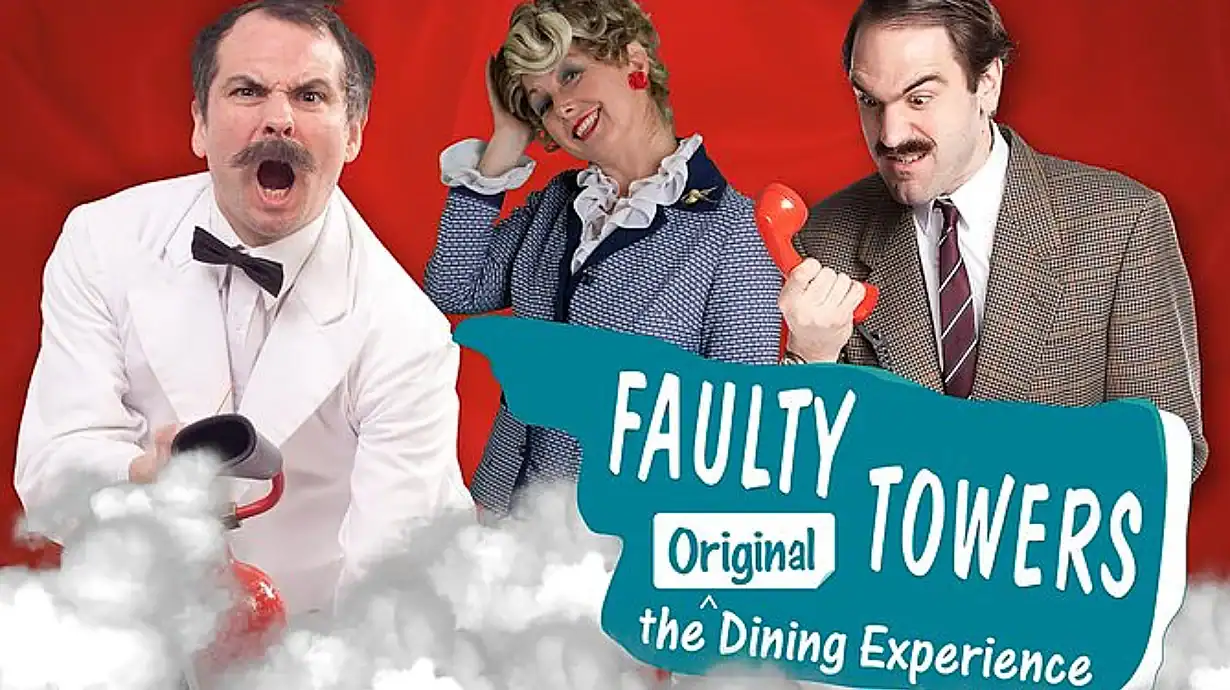



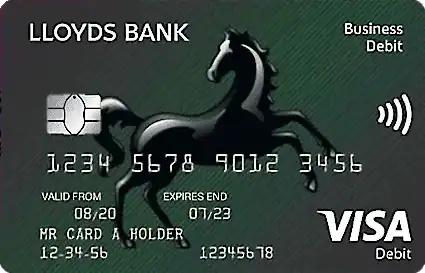
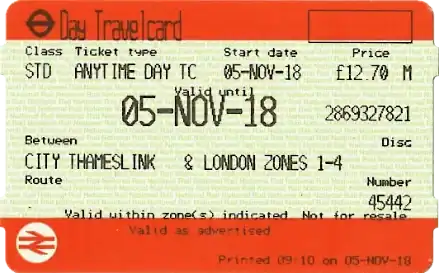
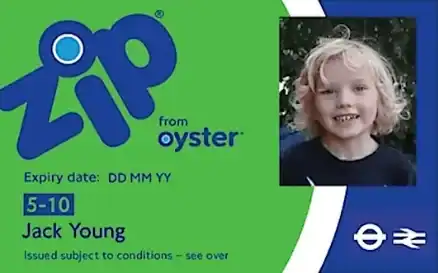
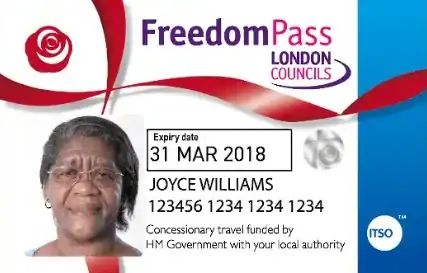


Your comments (4)
Are you going? Have you been?
Ask a question, or share your experience of the Charles Dickens Museum
Nina Hi. Do we have to book to visit? we don’t have much time spare.
Craig Hi Nina. You can book a ticket on their website if you want to, but it’s never been very busy when I’ve went. It’s not the kind of place where you have to queue up outside.
Thom Is it free entry or do you need tickets?
Craig Hi Thom. You have to pay to get inside. The entry price is listed in the box above.
Leave a comment (no need to register)